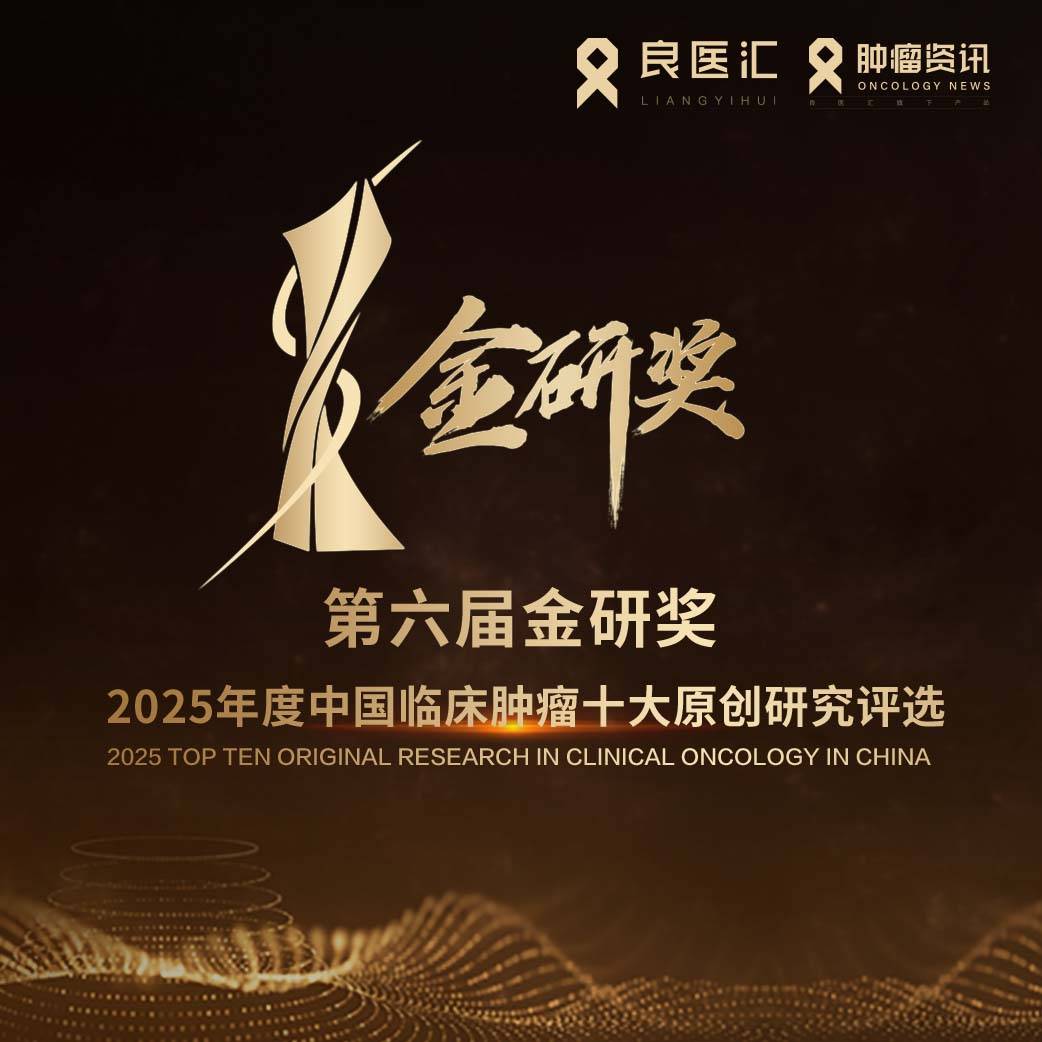编译:肿瘤资讯-小编
来源:肿瘤资讯
美国食品和药物管理局(FDA)今天批准Atezolizumab(Tecentriq),这是第一个被批准用于膀胱癌(尿路上皮癌)的PD-L1免疫疗法药物。这也是在30年多年来的转移性膀胱癌的第一个新的药物。。
该药物被批准用于含铂化疗治疗期间进展进展,或新辅助或辅助化疗化疗12个月内进展的局部晚期或转移性膀胱癌。同时FDA还批准了相关伴随诊断,Ventana PD-L1 (SP142) assay (Ventana Medical Systems),它可以检测肿瘤PD-L1蛋白的表达水平,并帮助医生确定哪些患者可能从与此药治疗中获得最大的利益
该批准基于Mvigor 210临床研究
Mvigor 210试验是一项开放标签,多中心,II期研究,用于评估Atezolizumab的安全性和有效性,在310例局部晚期或转移性膀胱癌(尿路上皮癌),无论PD-L1表达的情况。
所有患者均接受该药物1200mg静脉注射剂量,每21天的循环,治疗至至不可接受的毒性或产生任何影像学或临床的进展。该研究的主要终点是客观缓解率(ORR);中位随访时间在这个年龄组为14.4个月。
研究结果:

对于PD-L1高表达患者的ORR为26%,对于具有较低阳性的亚组的18%,而对于所有患者ORR为15%。
中位无进展生存期(PFS)在所有患者中为2.1个月。在6个月时PFS,在最高的阳性亚组的PFS率为30%,在较低的阳性亚组为17%,在没有/很少PD-L1表达亚组21%。
中位总生存期(OS)分别为:所有患者7.9个月,最高阳性组为11.4个月,最低阳性组为6.7个月。12个月总体生存(OS)率为所有患者的36%,最高阳性组为的48%,低阳性组为30%。
安全性是可以接受的,65%的患者出现的不良事件,但只有11%的人报告了严重的不良事件。最常见的3-4级不良反应(≥2%)包括:尿路感染(9%),贫血(8%),疲劳(6%),血尿(3%),和呼吸困难(4%)。
此外,三名患者(0.9%),因败血症,肺炎,或肠梗阻而死亡。有3.2%(N = 10)因为不良反应而停药。
----------------------------------------------------
编辑:肿瘤资讯-小编
原文:
The US Food and Drug Administration (FDA) today approved atezolizumab (Tecentriq, Genentech, Inc), the first cancer immunotherapy that acts as a programmed cell death ligand inhibitor (PD-L1), for the treatment of urothelial carcinoma, the most common type of bladder cancer.
This is the first new treatment option in metastatic bladder cancer in more than 30 years, according to the manufacturer.
The drug is indicated for the treatment of patients with locally advanced or metastatic disease whose disease has progressed during or following platinum-containing chemotherapy or within 12 months of the patient's receiving neoadjuvant or adjuvant platinum-containing chemotherapy.
"Atezolizumab provides these patients with a new therapy targeting the PD-L1 pathway," said Richard Pazdur, MD, director of the Office of Hematology and Oncology Products in the FDA's Center for Drug Evaluation and Research, in a statement.
"Products that block PD-1/PD-L1 interactions are part of an evolving story about the relationship between the body's immune system and its interaction with cancer cells," he said.
The FDA has also approved a companion diagnostic, the Ventana PD-L1 (SP142) assay (Ventana Medical Systems), which can detect PD-L1 protein expression levels on tumor-infiltrating immune cells and help physicians determine which patients may derive the most benefit from treatment with this agent.
Clinical Data From the Mvigor 210 Trial
The FDA approval was based on the results of the Mvigor 210 trial, an open-label, multicenter, phase 2 study that evaluated the safety and efficacy of atezolizumab in 310 patients with locally advanced or metastatic urothelial carcinoma, regardless of PD-L1 expression.
All patients received a 1200-mg intravenous dose of the agent on day 1 of 21-day cycles until unacceptable toxicity or either radiographic or clinical progression occurred.
The primary endpoint of the study was objective response rate (ORR); the median follow-up period for this cohort was 14.4 months.
The ORR was 26% for the subgroup with the highest positivity for PD-L1, 18% for the subgroup with lower positivity, and 15% for all patients.
Complete responses were seen in up to 11% of patients in the highest-positivity subgroup and in 5% of all patients. Responses were durable. The median duration of response (range, 2.1, 13.8+ months) was not reached in the cohort as a whole or in the high-positivity group (4.2, 13.8+).
For those in the lower-positivity group, the median duration of response of 12.7 months.
Median progression-free survival was 2.1 months for all patients. At 6 months, it was 30% in the highest-positivity subgroup, 17% in the lower-positivity subgroup, and 21% in the subgroup with no/minimal PD-L1 expression.
Median overall survival was 7.9 months for all patients, 11.4 months for the highest-positivity subgroup, and 6.7 months for the lowest-positivity subgroup. Twelve-month overall survival was 36% for all patients, 48% for the high group, and 30% for the low group.
The results from this trial were presented earlier this year at the at the Genitourinary Cancers Symposium 2016, as reported by Medscape Medical News.
This "may change the landscape of the treatment of the disease," said William Y. Kim, MD, from the Lineberger Comprehensive Cancer Center, University of North Carolina at Chapel Hill, during a discussion of the study.
The safety profile was acceptable, and overall, the drug was well tolerated; 65% of patients experienced an adverse event, but only 11% reported a serious adverse event.
The most common grade 3-4 adverse reactions (≥ 2%) were urinary tract infection (9%), anemia (8%), fatigue (6%), hematuria (3%), and dyspnea (4%).
In addition, three patients (0.9%) experienced either sepsis, pneumonitis, or intestinal obstruction, which led to death. Atezolizumab was discontinued because of adverse reactions in 3.2% (n = 10) of the cohort.
The FDA granted atezolizumab breakthrough therapy designation, priority review status, and accelerated approval for this indication.
According to Genentech, the drug will become available in the United States within 1 to 2 weeks.
--------------------
参考资料:
[1] FDA approves new, targeted treatment for bladder cancer
[2] FDA Grants Genentech’s Cancer Immunotherapy TECENTRIQ™ (atezolizumab) Accelerated Approval for People with a Specific Type of Advanced Bladder Cancer
[3] Roche (RHHBY) Announces FDA Approval of VENTANA PD-L1 Assay














 苏公网安备32059002004080号
苏公网安备32059002004080号


